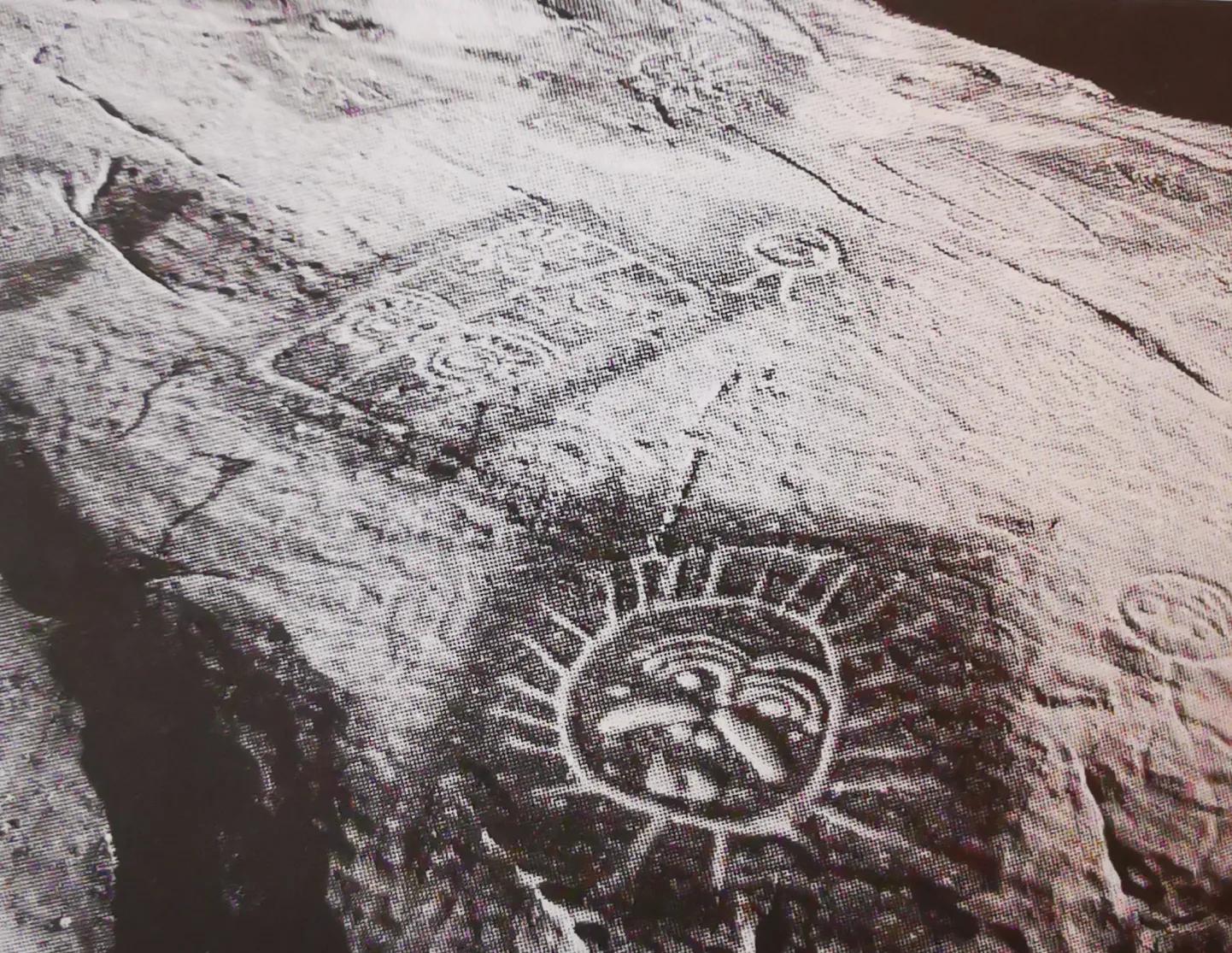The origin of the decline of the Zhou Dynasty is obviously related to the conquest of the northwestern tribe by King Mu of Zhou, the "Rong Di".
In the Western Zhou Dynasty, the Rong tribes in the west, like the Di tribes in the north, were regarded as backward aliens by the Western Zhou Dynasty. In some ancient documents, the Rong and Di tribes were far away from the Western Zhou Dynasty and lived in a remote area outside the Zhou Dynasty's Kyushu for generations, which was even more backward than the barbarian tribes. In fact, from the current archaeological findings, it can be known that they live not as remote as imagined, and a large number of Remnants of the Rongdi culture have been found in Shaanxi, Shanxi, Hebei and other places
In the Zhou Dynasty, where there was no modern means of transportation, whether it was barbarians or RongDi, in the minds of the Zhou people, they were far away from the royal city and had nothing to do with the etiquette of the Central Plains. However, at the request of the powerful Zhou royal family, the Barbarian Rongdi needed to pay regular tribute to the Zhou royal family According to the Chinese, the Barbarian tribe paid tribute every six years, while the leader of the Rongdi tribe only had to pay tribute once in a lifetime.
After the Zhou metric system of ceremonies and the establishment of a complete system of sub-feudal patriarchal law, the Zhou Dynasty truly became a state of etiquette, rich in materials and rich in culture, and envied and respected by many remote minorities. The Rongdi tribe was one of them, and they envied the etiquette culture of the Central Plains, and under the influence of the Zhou Dynasty, they gradually accepted some etiquette culture in order to live in peace with the Zhou Dynasty.

Rock paintings of Zhuozi Mountain in Wuhai City, Inner Mongolia
However, King Mu of Zhou was so happy that he was very casual about upsetting this balance, intending to further control Rong Di. When King Mu of Zhou went out on a campaign against Rong Di, the father of the priest conspired to advise him, believing that the Rong Di tribe had always obeyed the requirements of the previous kings of the Zhou Dynasty, had a single nature, and followed the old virtues, and that King Mu of Zhou's expedition was not at all reasonable, which might directly lead to a crisis in the rule of the Zhou Dynasty. Even if it was victorious, the Zhou Dynasty could only lose its reputation as a disgrace. King Mu of Zhou did not heed the advice and led a large army on the expedition. The fact is that after expending a lot of military power, King Mu of Zhou only brought back four white wolves and four white deer, and the Rongdi tribe never paid tribute to the Zhou Dynasty from then on, cutting off normal contact with the Zhou Dynasty.
The reign of King Mu of Zhou is evaluated in ancient books as "deserted obedience", and the so-called "deserted service" is subject to these ethnic minorities around the Zhou Dynasty.
After king Mu of Zhou's western expedition, the Rong Di tribe became more powerful, and in turn constantly invaded the Zhou Dynasty, and there was a situation of "Rong Di invading and abusing China", and the Zhou people were deeply bitter. After the death of King Mu of Zhou, the successive kings were Gong wang, Yi wang, xiao wang, and Yi wang, who were known as the four kings of the middle period. In the middle of the period, the four kings could only be defended, and the foreign policy of the Zhou Dynasty changed from active attack to mainly defense.
What is more fatal is that with the passage of time, the hidden dangers that are more lethal than external scourges are constantly strengthening, and there is a crisis in the interior of the Zhou Dynasty.
The Western Zhou Dynasty originally managed a lot of political issues within the various princely states, beyond people's imagination, such as inheritance rights and other issues. However, later, the more it was managed, the weaker the power of the dynasty became weaker, which caused an important reason for the division.